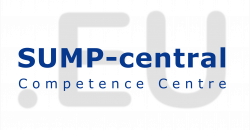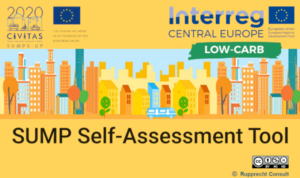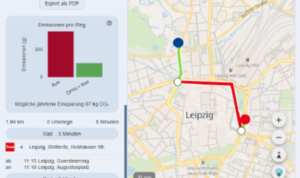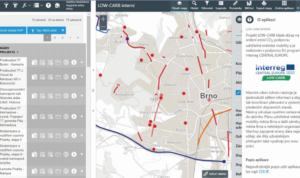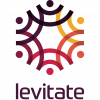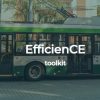The SUMP Self-Assessment Tool (SSAT), co-developed with CIVITAS SUMPs-Up, is a diagnostic online survey for municipalities and Functional Urban Areas (FUAs) to assess how closely their strategic mobility planning is related to approaches of a Sustainable Urban Mobility Plan (SUMP), whether they have a SUMP or not.
After completion of the 30-45 questions (depending on each region’s mobility situation) an assessment on the quality of the strategic mobility plan and an evaluation of general planning activities is deduced. Following this, catered guidance, resources and suggestions are offered for the unique mobility context and region’s needs. The tool is simply accessed online via an internet browser.
The Civitas Tool Inventory is an online database of over 200 tools and methods that are useful for all steps of the urban mobility planning process and can help you make better planning decisions. It contains guidelines, software, manuals, etc.
REACHIE is a powerful online journey planner comparing modes per trip by isochrones and visualises routes according to its level of accessibility with respect to the starting point. The City of Leipzig, Central German Transport Association (MDV), Leipzig Transport Company (LVB), and Targomo GmbH developed a open sourced mobility information system to promote using more sustainable modes among commuters. The tool is an excellent option for commuters to plan their trips and gain insight on how accessible their workplace is using different transport modes.
Please also have a look at the Factsheet for further information: Factsheet
In 2017 – 2019 the City of Brno finalized the design and development of a ‘monitoring tool’ that helps both the coordination and engagement activities of a SUMP’s development.
Monitoring and evaluation in the SUMP process are necessary to ensure that agreed objectives are achieved within time and budget constraints. Here lies the primary niche for the newly developed monitoring tool. Mapping measures in the GIS suite provides a clear visualized overview with easy to access data and information. I.e. details of who is responsible for which measure and over what time horizon, not to mention the respective funding source. It is therefore valuable for multiple phases of SUMP development: the measure selection process during the SUMP’s preparation, implementation phase of each measure, and evaluation of measure package impacts.
The MOMENTUM project partners of are currently working on their ‘decision-support tool’. It will support transport planners to evaluate the impact of disruptive technologies and emerging mobility solutions such as MaaS (Mobility as a Service), CCAM (Cooperative, Connected Automated Mobility), new shared mobility services and demand responsive transport, by providing local inputs into the online tool.
The final tool will be available by end of March 2022
The right product for every mobility & logistics use case:
Routing, modeling, scheduling, simulating, geocoding, location planning and many more – all part of the product portfolio of PTV to optimize mobility and logistics for a cleaner, safer and smarter future
The main ambition of the LEVITATE project is to enable policy makers and other stakeholders to estimate short, medium and long-term impacts of connected and automated transport systems and to establish the most effective policy pathways for the introduction of CATS to achieve predefined objectives.
The EfficienCE Toolkit is an online repository housing tools and resources that enable planning of energy-efficient public transport infrastructure and was developed as a key deliverable of EfficienCE, an Interreg Central Europe project. All tools and resources used were selected with care by a round of experts within the EfficienCE project consortium.
The Clean Bus Matching tool connects cities with similar characteristics, facilitating direct learning, knowledge exchange, and networking opportunities during all stages of clean bus deployment.
